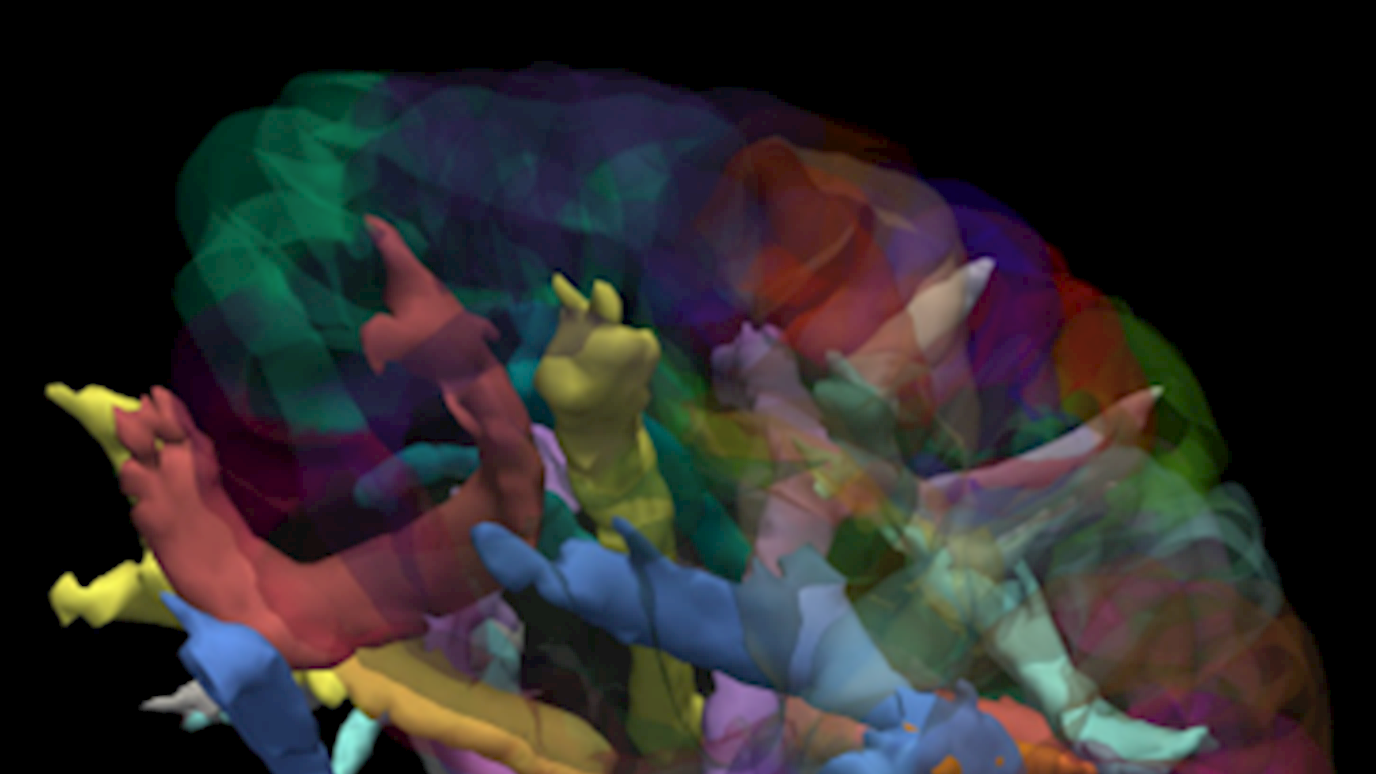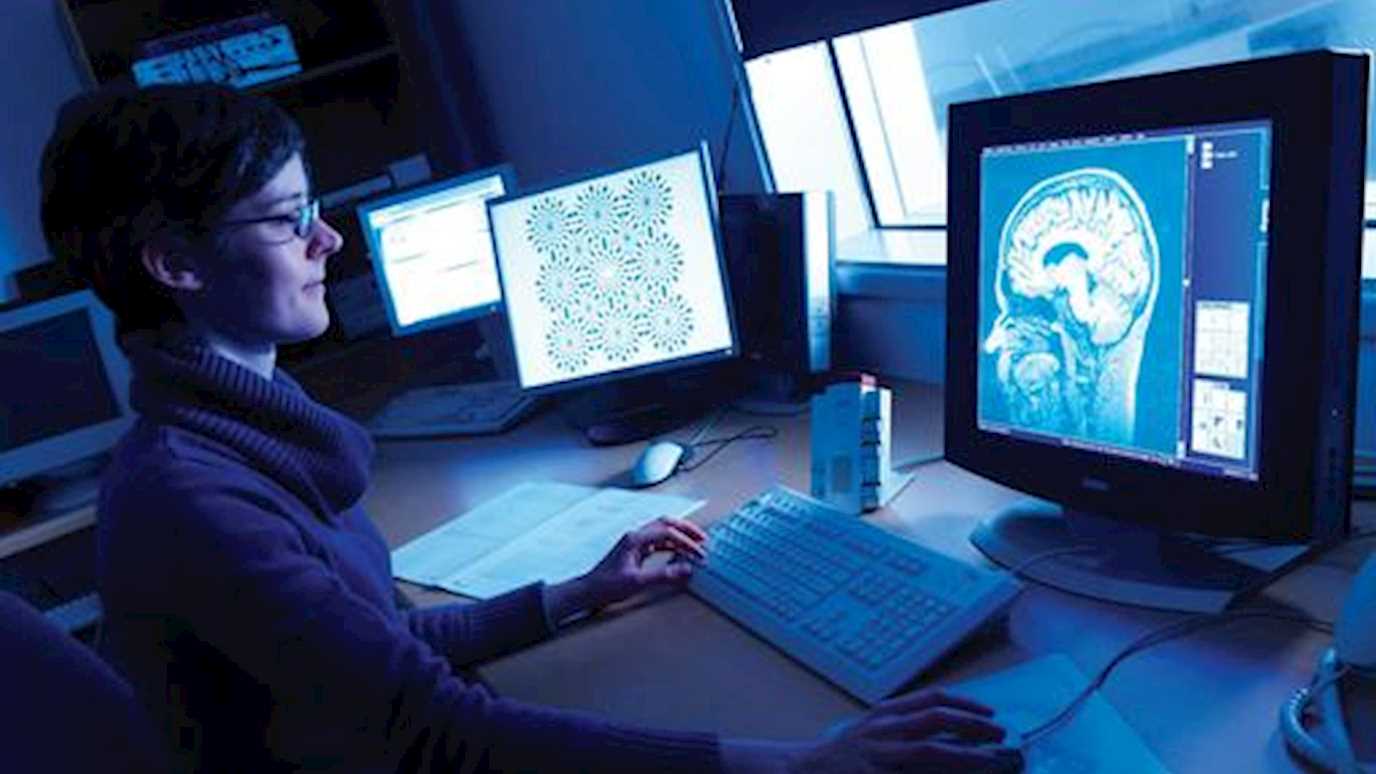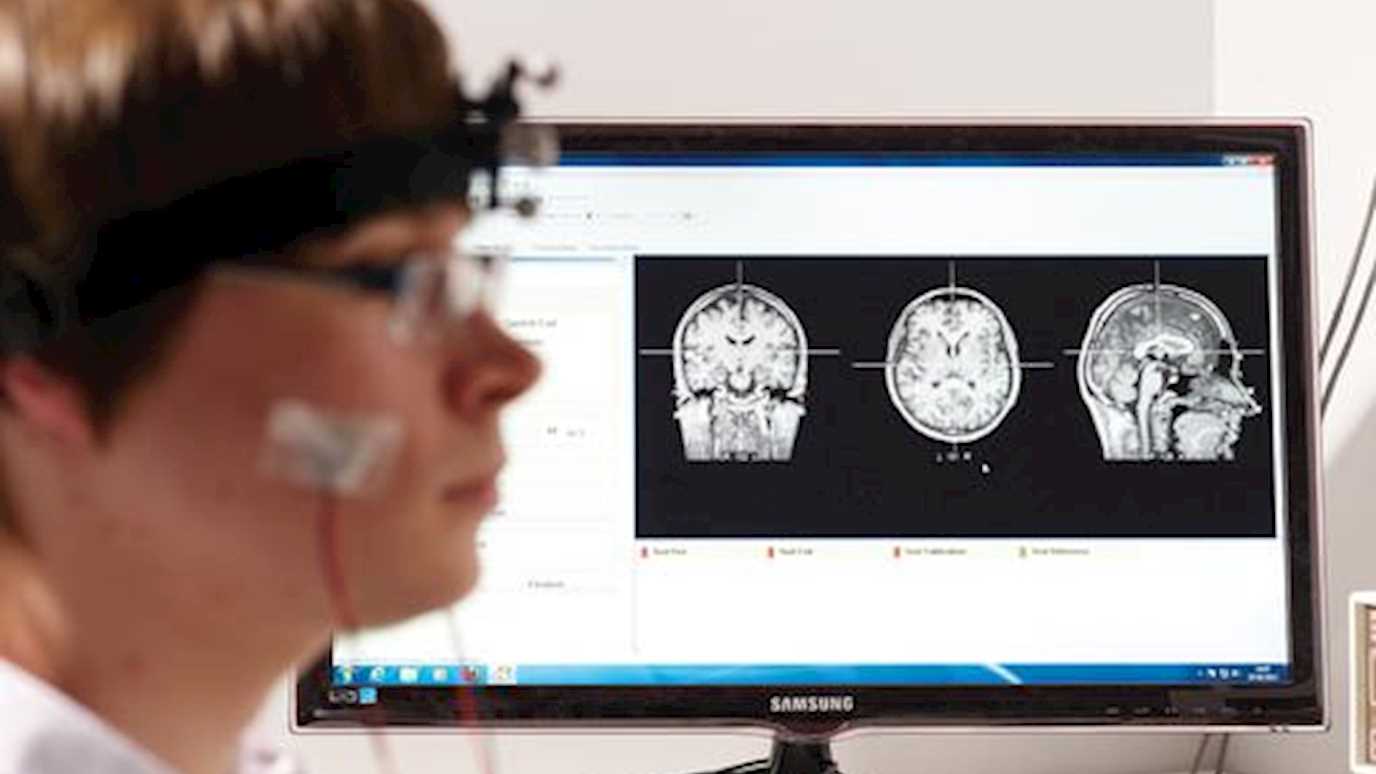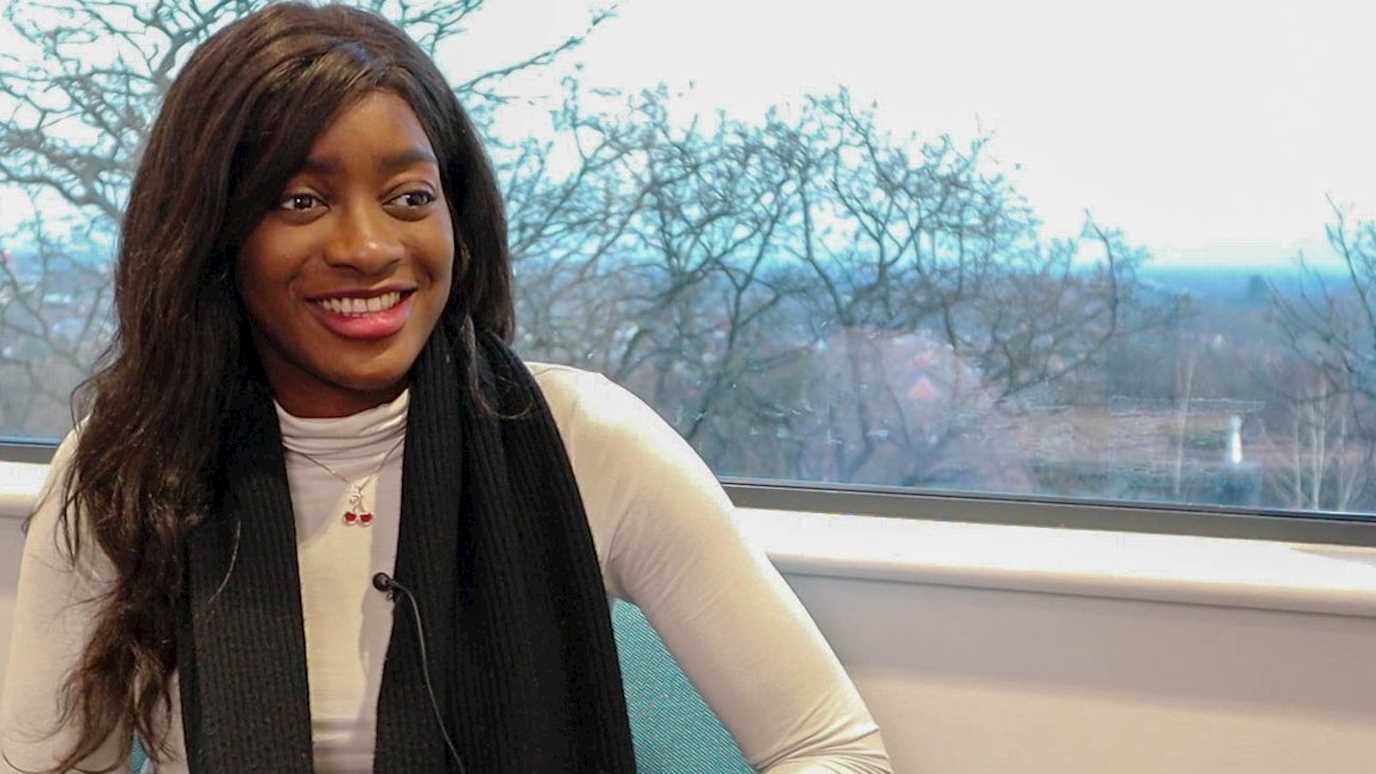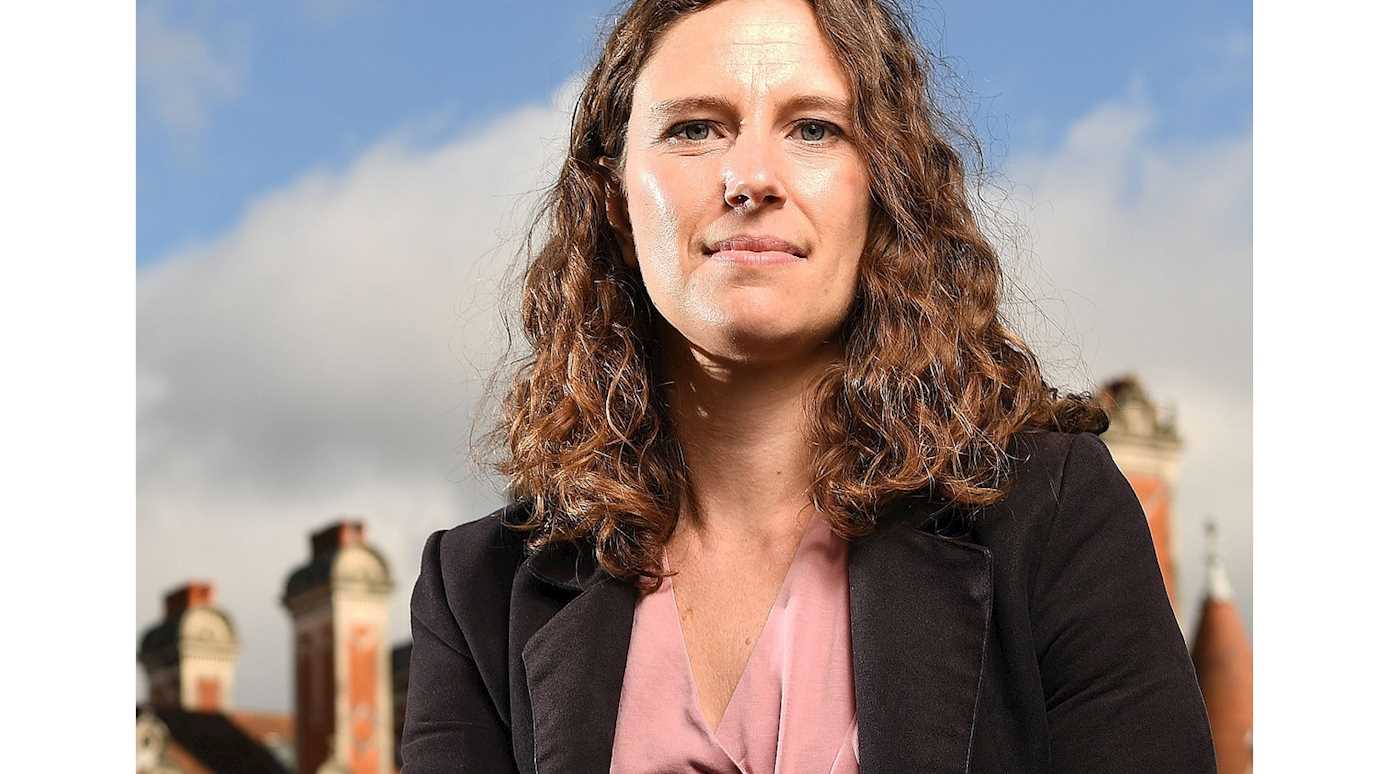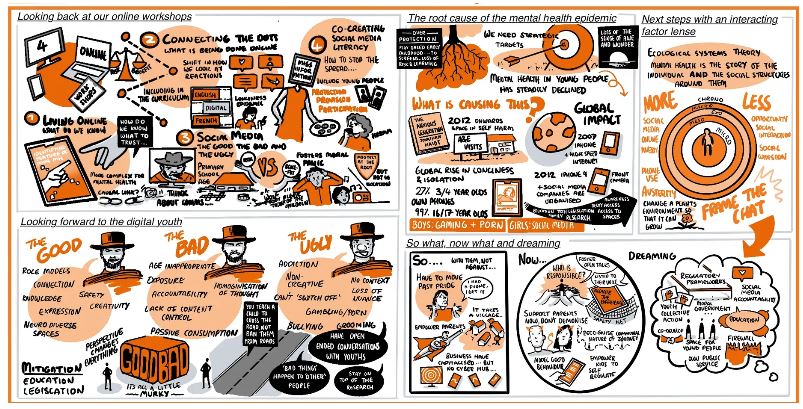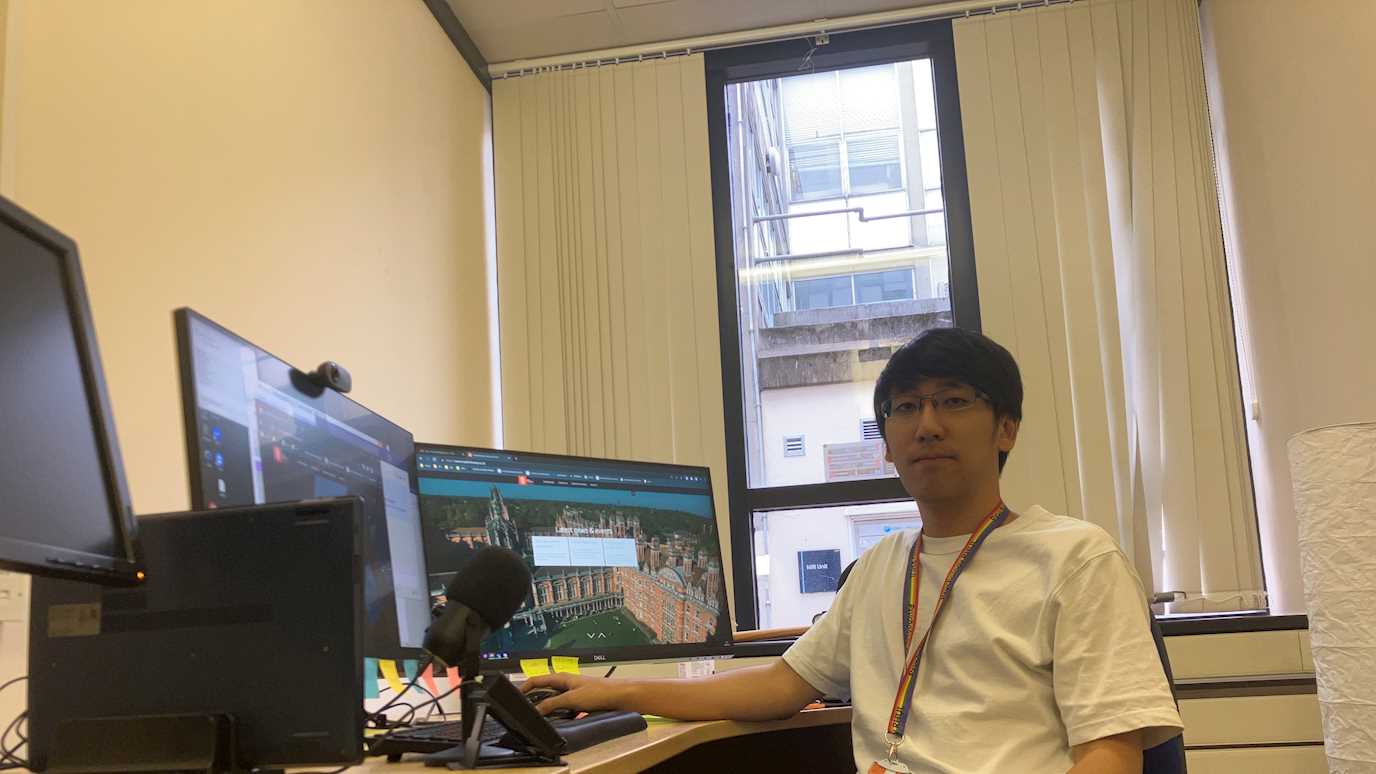False memories are much harder to implant than previously claimed by memory researchers and expert witnesses in criminal trials, finds a new study led by researchers at Royal Holloway, University of London and University College London entitled 'Lost in the Mall? Interrogating Judgements of False Memory.'
The 1995 Lost in the Mall study has often been cited in criminal trials, particularly those involving historical sexual abuse – including by Harvey Weinstein’s defence team – in order to cast doubt on the memory of accusers. This famous study suggested that it is easy to implant false memories for a fake event that never happened – after 25% of the 24 participants wrongly recalled being lost in a supermarket at the age of five.
In 2023 the Lost in the Mall study was repeated by psychologists at University College Cork and University College Dublin, using the same methods. They used a larger sample of 123 people and claimed to find more false memories (35%) than the original study. However, the new analysis of the 2023 data, published in the journal Applied Cognitive Psychology, has raised serious questions about these findings. The article shows that none of the 35% judged to have a false memory in 2023 reported an entirely false memory and many did not even recall being lost.
According to the new analysis published by Professor Bernice Andrews and Professor Chris Brewin, half of those judged to have false memories had actually been lost before and were likely to be reporting on real events (albeit at a different time/place). Meanwhile others were so unsure about the suggested details in the fake story that their testimony would have been of little value in court.
As part of their analysis, the researchers focused on six core details of the fake event, including: being lost; crying; being helped by an elderly woman; being reunited with their family; the location of the event; the time of the event. They found that participants who were deemed to have a false memory on average recalled one and a half details with any confidence, and 30% recalled none at all. This was consistent with previous reports that investigators’ false memory judgements were often not backed up by the views of participants themselves.
Emeritus Professor Chris Brewin of UCL Psychology & Language Sciences said: “The findings underscore the dangers of applying laboratory research findings to the real world of witnesses in court. People in these studies are cautious in what they claim to remember and seem to be much less likely than the investigators to agree they had a false memory. Experts need to be very careful in how they present research findings so as not to mislead the justice system.”
Lead author Emeritus Professor Bernice Andrews from Royal Holloway's Department of Psychology added: “This is the first time that the raw data from a false memory implantation study have been made publicly available and subjected to independent scrutiny.”
The research findings shed light on the influential claim that people can be ‘led to remember entire events that never actually happened to them’. They indicate that, at least in this sample, some people can be led to remember some of the suggested details from an event, which may or may not include the defining feature of being lost. The status of partial false memories is particularly called into question, as it is not clear how a false memory can be rated if there is no explicit recall of any of the suggested core details.
There are also important implications for expert witnesses citing false memory research in the courts. In such settings, the significance of investigator ratings of false memories is unclear. Typically, without the confident endorsement of a witness that they remember an event happening, memory evidence is unlikely to be accepted (Andrews and Brewin 2017). This suggests that the limitations of the experimental design, the content of what is recalled relative to what has been suggested, and the self-report data, which generally indicate much lower false memory rates than investigator ratings, all need to be brought to the courts' attention.
Read the full research paper published in December 2024
here









